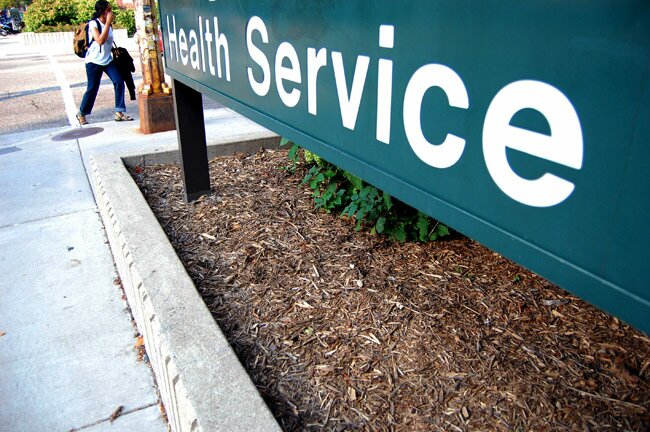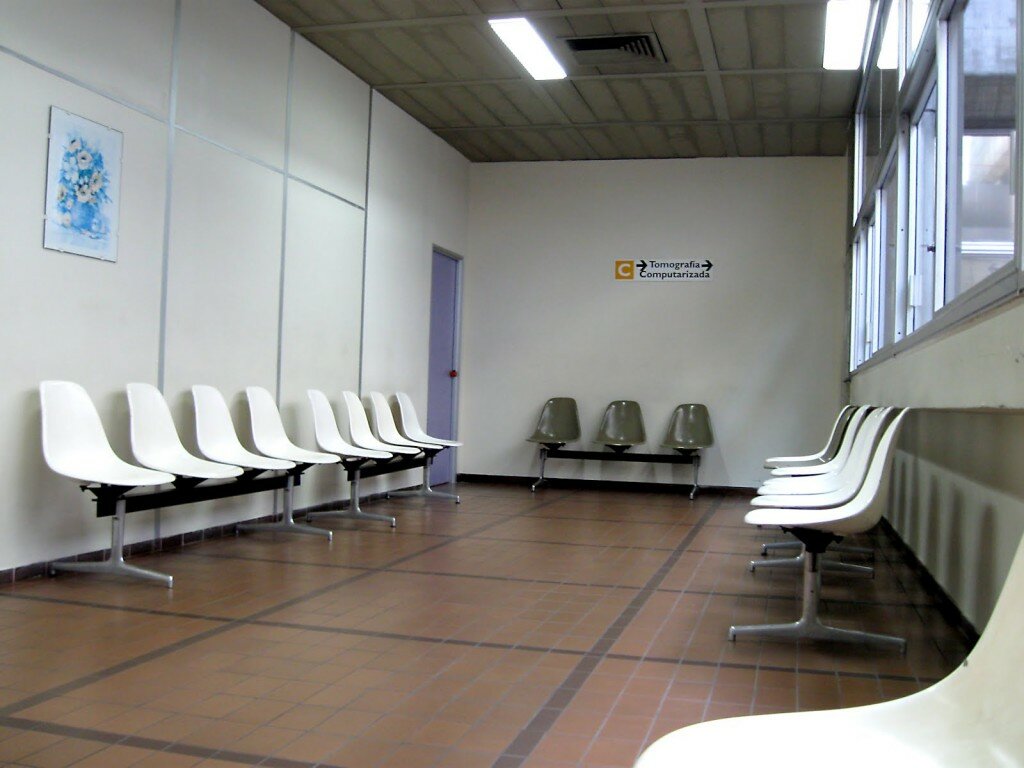NHS may need to apply more patient charges, says report
NHS may need to apply more patient charges, says report
More patient charges may need to be introduced in the NHS, including fees for hospital and GP appointments and removing the blanket exemption from prescription charges for the over-60s, according to a report from the King’s Fund, which suggests the current health andsocial care systems are no longer fit for purpose.
The interim report from the five-strong Commission on the Future of Health and Social Care in England, chaired by Kate Barker, a former Bank of England economist, has been published as all three main parties decide how to approach the issue of social care in their election manifestos.
The report concludes that social care is already in crisis and that the NHS is heading the same way. It points to “hard choices” that must be looked at “squarely in the eye”, with several possible means of increasing revenue.
Outpatients could be charged £10 for hospital appointments while those who fail to turn up could also be charged as a penalty. Costs for hospital stays or hospital treatment may also be considered. Extending charges for dentistry could also increase revenue, and a fee for visiting the GP – £5 to £25 – could be introduced, the report said.
The report says there also needs to be an acknowledgement “that all pensioners are no longer poor pensioners”, also suggesting that the winter fuel allowance and free TV licences for the over-75s could also be reconsidered, with the money diverted into health and social care.
The independent Barker commission was set up by the King’s Fund to re-examine the postwar settlement, which established separate systems for health and social care.
While social care is commissioned by local government and is not ringfenced from cuts, health services are run by the NHS and are protected. The report calls for a single ringfenced budget between the two separate services. It added that the current system results in a lottery for patients and calls for health and social care to become more closely aligned.
“The contrast between a health service free at the point of use and a social care service that is means tested, and publicly funded only for those with heavy needs, results in a lottery – the type of ailment you have will determine the financial support you get to cope with its effects.
“The outcome of this lottery is that there is no equity – similar needs do not receive equal treatment.”
At a time when health and social care should be converging to meet the needs of people with multiple conditions, “the two systems are instead diverging, with publicly funded social care becoming a residual service available to those with only the very greatest needs”.
The NHS appears also to be heading towards its own financial crisis, it said. “A crisis in social care is already with us, and another looks to be on the horizon for the NHS, at least in terms of finance.”
A lack of integration is a major drawback, the report says. “The financial as well as the human price of this failing is illustrated by the 3,000 beds a day occupied by people who were fit to leave but stuck in hospital in January 2014 while funding or assessment was resolved.”
Barker said: “The current systems rub up against each other like bones in an open fracture. The lack of alignment between them leads to serious problems of co-ordination, with the NHS and local authorities battling over who should pay for what, and patients, service users and their families left confused and bewildered. This is not sustainable – we need a new settlement fit for the 21st century.”
“This report is our stake in the ground. The prize we seek – a single, seamless health and social care system that offers equal support for equal need – is a significant one. This necessitates making choices about how to pay for a better system – hard choices that we must look squarely in the eye.”
The report sets out the option for how to fund an integrated service, but says it will set out its preferred options in a final report in September.
Current total spending on health and social care amounts to about £150bn a year, or roughly 10% of GDP, the report says. Some £122bn was public expenditure and just under £28bn private spending, with NHS charges included in the private-spending total.
An attempt to create a cross-party concensus on funding of an integrated service before the 2010 election fell apart when the Conservatives attacked Labour’s plans for a “death tax”.
Andy Burnham, the shadow health secretary, has been pressing Ed Miliband to back an integrated national health and social care service as the central feature of a big election manifesto offer. There is concern in shadow Treasury circles about the cost and the possibility that Labour would be accused of proposing a £20bn tax.
Labour may need to make a decision by the National Policy Forum in Milton Keynes in July, partly because time would be needed to sell the policies and repel a likely bombardment from the Conservatives.
Burnham welcomed the report’s central call for a new settlement for the NHS. He said: “It echoes Labour’s belief the NHS now needs to be reset for the 21st century as a whole-person service.”
source: http://www.theguardian.com/society/2014/apr/03/may-need-apply-more-patient-charges-kings-fund
Pin It



